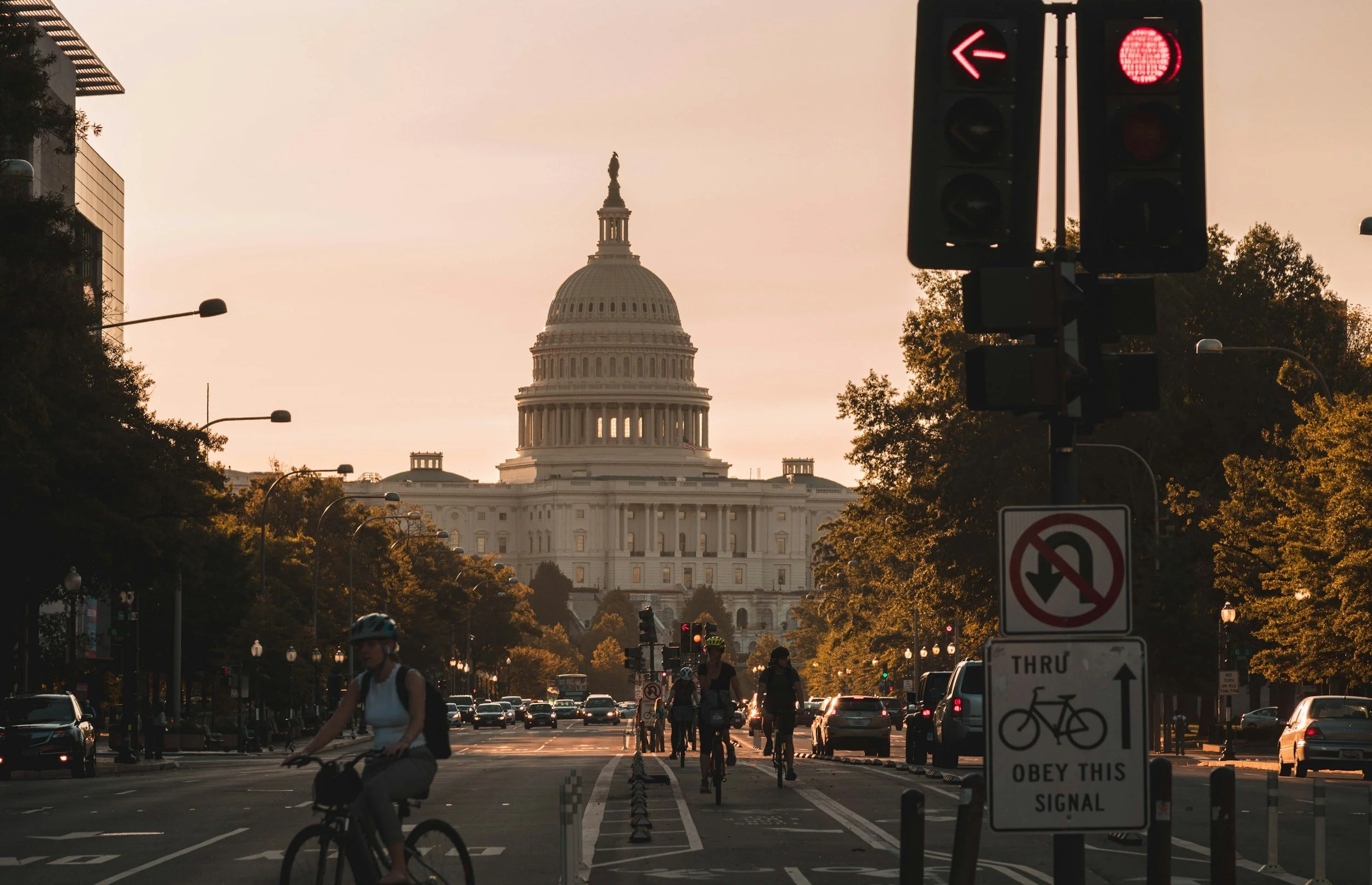Public referendums in the United States: a gateway to direct democracy
In American democracy, where corporate lobbyism and super PACs often decide political outcomes, public referendums present an opportunity. Public referendums offer a rare thread of direct engagement between citizens and the legislative process. This mechanism empowers voters to propose, approve, or repeal legislation without the intermediary of elected officials. The potential of public referendums to transcend bureaucratic inertia and corporate influence is significant, particularly in addressing critical issues like school funding equity.
States with Public Referendum Legislation
As of 2024, 26 states in the United States provide mechanisms for public referendums, initiatives, or both. These states include California, Arizona, Florida, Colorado, and Oregon, among others. Washington, D.C., also supports this process. The ability to engage in direct democracy through ballot measures, propositions, or ballot questions is embedded in the constitutions of these states, a legacy of the Progressive Era aimed at countering the dominance of political bosses and special interests.
Notable Examples of Legislation Passed by Public Referendum
One of the most significant uses of public referendums in recent history is the legalization of same-sex marriage. Before the Supreme Court's landmark decision in Obergefell v. Hodges in 2015, several states saw marriage equality advance through direct voter initiatives. In 2012, voters in Maine, Maryland, and Washington approved same-sex marriage through referendums. These victories were pivotal, demonstrating the public's capacity to lead on civil rights issues where legislatures hesitated.
The Potential of Public Referendums
Public referendums hold the promise of revitalizing democracy by empowering citizens to bypass the bottlenecks of legislative processes and the influence of corporate lobbying. When effectively utilized, this form of direct democracy can significantly impact policy areas like education funding.
Equitable School Funding through Referendums
One profound application of public referendums could be in reforming school funding. Currently, school funding in many states is closely tied to local property taxes, leading to stark inequities between wealthy and less affluent districts. A public referendum could mandate a more equitable funding formula, ensuring that all children, regardless of their zip code, receive high-quality education. By decoupling school funding from local tax bases, states can level the playing field, providing equal opportunities for all students.
The Impact on Society
Widespread and effective use of public referendums can lead to a more engaged and informed electorate. When citizens are directly involved in the legislative process, they are more likely to educate themselves on the issues, participate in public discourse, and hold their government accountable. This increased engagement can foster a sense of ownership and responsibility, strengthening the democratic fabric of society.
Moreover, the ability to enact change directly can lead to innovative solutions to longstanding problems. For example, environmental policies, healthcare reforms, and social justice initiatives can be addressed more swiftly and reflect the public's immediate concerns and values.
Public referendums represent a vital tool in the arsenal of American democracy, offering a direct route for citizens to influence legislation and policy. By expanding the use of referendums, particularly in areas like school funding, society can overcome entrenched inequalities and foster a more just and equitable future. In an era where democracy is perceived to be under threat, embracing direct democracy through public referendums can reinvigorate civic engagement and restore faith in the democratic process.
As we look to the future, let us remember the power we hold as citizens. By leveraging public referendums, we can ensure that our voices are heard, our needs are met, and our democracy is preserved.



